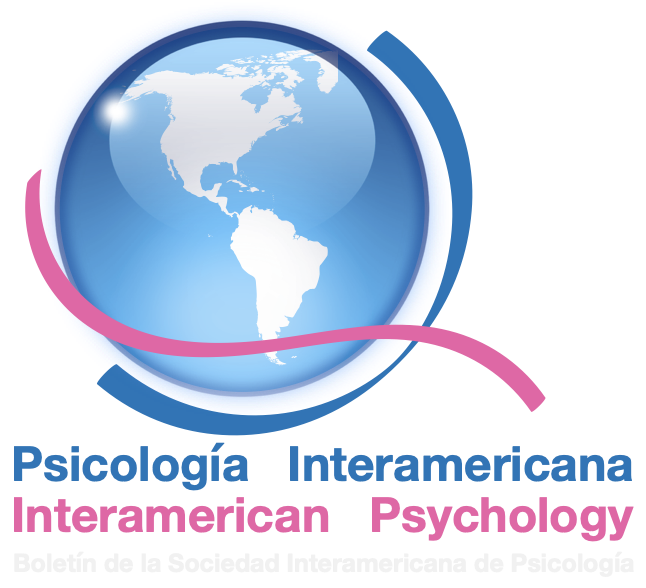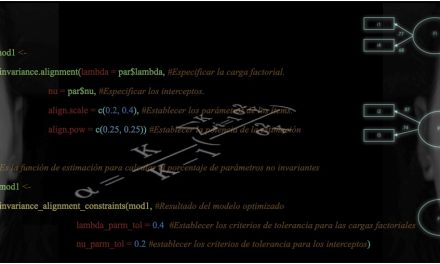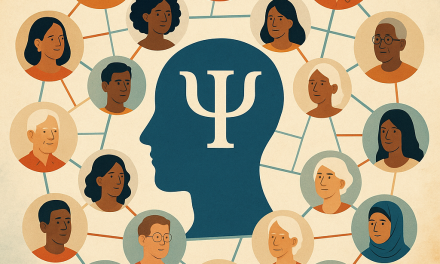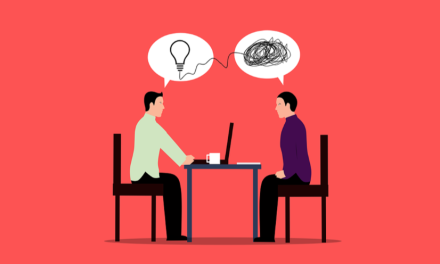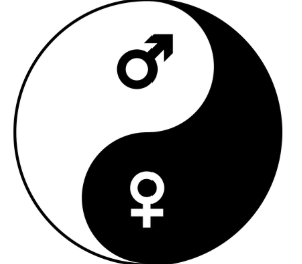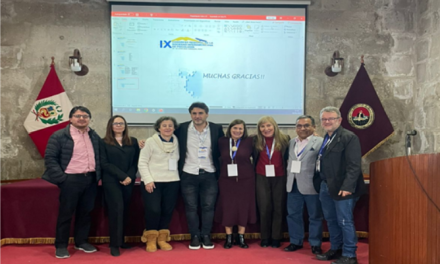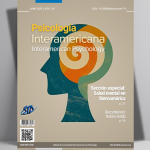
Burnout Among Healthcare Workers Post COVID-19: Keys to Prevention

Andrea Velásquez
A recent study conducted in southern Chile revealed that, contrary to expectations, burnout levels among healthcare levels among healthcare workers post-COVID-19 were surprisingly low. However, emotional exhaustion, particularly among those working in shift systems, emerged as a critical factor associated with the syndrome, while self-realization acted as a potential protective factor. Additionally, emotional support from supervisors and colleagues was identified as key to mitigating burnout.
These findings underscore the importance of implementing interventions at both organizational and individual levels. Strategies such as the incorporation of mindfulness practices, relaxation techniques, and yoga, along with the strengthening of leadership and institutional support, can be crucial. These measures can not only significantly reduce the incidence of burnout but also improve the quality of life of healthcare workers and the quality of care they provide.
REFERENCE:
Velásquez Muñoz, A. A., San Martín Santibáñez, R. P., Contreras Muñoz, M. P., & Vicuña Aguayo, E. A. (2024). Características sociodemográficas e ocupacionais associadas à síndrome de burnout em trabalhadores de saúde no Chile no contexto pós-COVID-19. Cadernos Brasileiros de Terapia Ocupacional.
Contacto: andrea.velasquez@ulagos.cl
